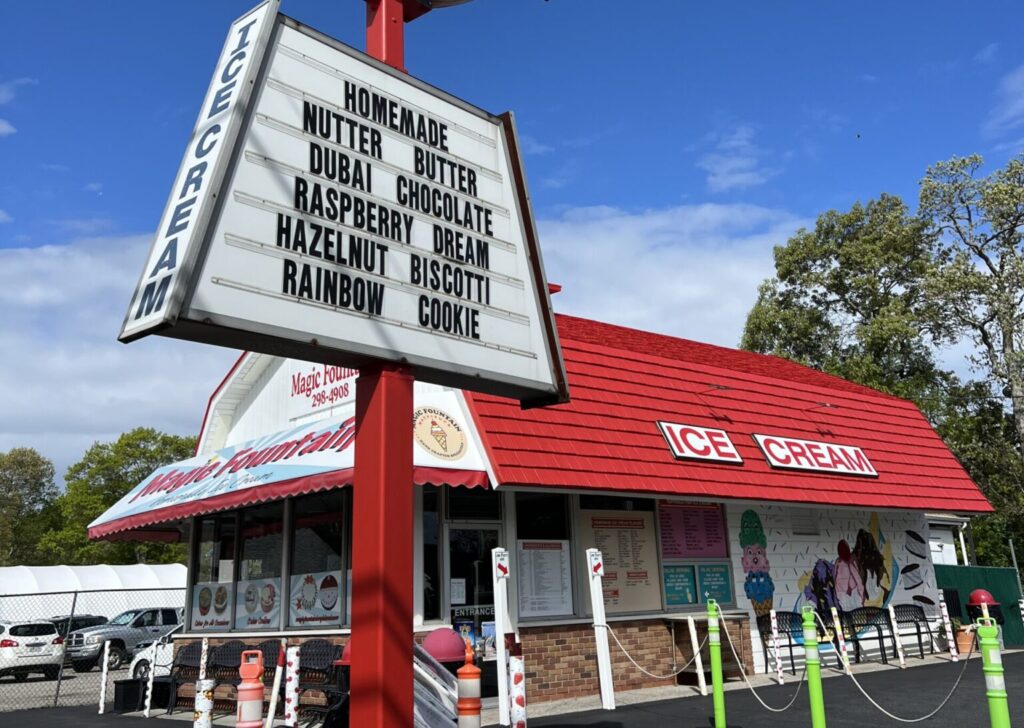Riverhead cannabis dispensary zoning preempted by New York State

The Office of Cannabis Management handed down new guidance June 27 that directly affects zoning regulations for dispensaries and other cannabis businesses in the Town of Riverhead.
The guidance reaffirms that municipalities are limited in their ability to change rules around dispensaries if they have opted to allow them. If the local regulation does not fall within these parameters, it is preempted by state law.
According to the new guidance, preemption of a local law means that where the laws of New York State address and/or conflict with a local law on a specific issue, state law will apply on the issue, not the local law.
The local municipality is allowed to make time, place and manner restrictions that affect hours of operation; the visual or architectural integrity of the building if located within historical districts; parking; traffic control; odor; noise; and distance requirements between the dispensary and a public youth facility, as long as that the distance requirement is no greater than 500 feet.
The guidance goes on to state that if the municipal restrictions do not fall within the scope of these categories, they are pre-empted by the Cannabis Law and the Cannabis Control Board regulations.
At the July 1 Riverhead Town Board meeting, Attorney Martha Reichert, who is representing Stark Enterprises, the entity hoping to open a dispensary on Route 58, alerted the Town Board to the new guidance and recommended that they table any resolutions to review the information. The board voted unanimously to adopt the amendment on that meeting’s agenda after the town attorney advised them that zoning falls under the time, place and manner restrictions.
“Well, I think under Municipal Home rule, I would take the position that we’re not preempted by an unelected state agency. The MRT Act that was adopted by the state legislature provided us with time, place and manner restrictions and that include local zoning, in my estimation. So I believe that the town board can adopt this amendment,” said town attorney Erik Howard at the meeting.
Ms. Reichert stated that the guidance clarified the regulations.
“Long Island has become sort of the ground zero for this preemption issue. Riverhead is really the one that has departed from the OCM regs the most,” said Ms. Reichert. “Both the New York State Cannabis Law and the OCM’s regulations are very clear now, and the additional guidance just answers that question of, ‘Can municipalities supersede the time, place, and manner restrictions that they’re limited to in 119.2?’ and OCM said, ‘No. If you make a law that falls outside the scope of 119.2, it’s preempted.’”
The main problem for her client is the distance requirements, which are much stricter than the state’s.
“For well over a year, my position and that of my co-counsel has been that Riverhead didn’t have the authority to enact these extra separation distances like changing it from 500 feet to 1,000 feet from a school, removing the language that the state has where that 500-foot distance only applies when the school and the dispenser [are] around the same street,” said Ms. Reichert. “Also, Riverhead changed how it’s measured. The state says door to door, Riverhead says property line to property line.”
Much like the regulation of alcohol, Ms. Reichert stated that New York has a stake in ensuring the successful operation of its licensees’ businesses.
“There are just certain things that in municipality has been preempted to do when the state has an overarching interest in controlling that regulatory framework,” said Ms. Reichert. “Riverhead believes firmly that it is within their home rule powers to supersede New York State law. If they’re unwilling to recognize that they’re up against what I think is a losing battle, then we’ll have to deal with it in a court of law.”









